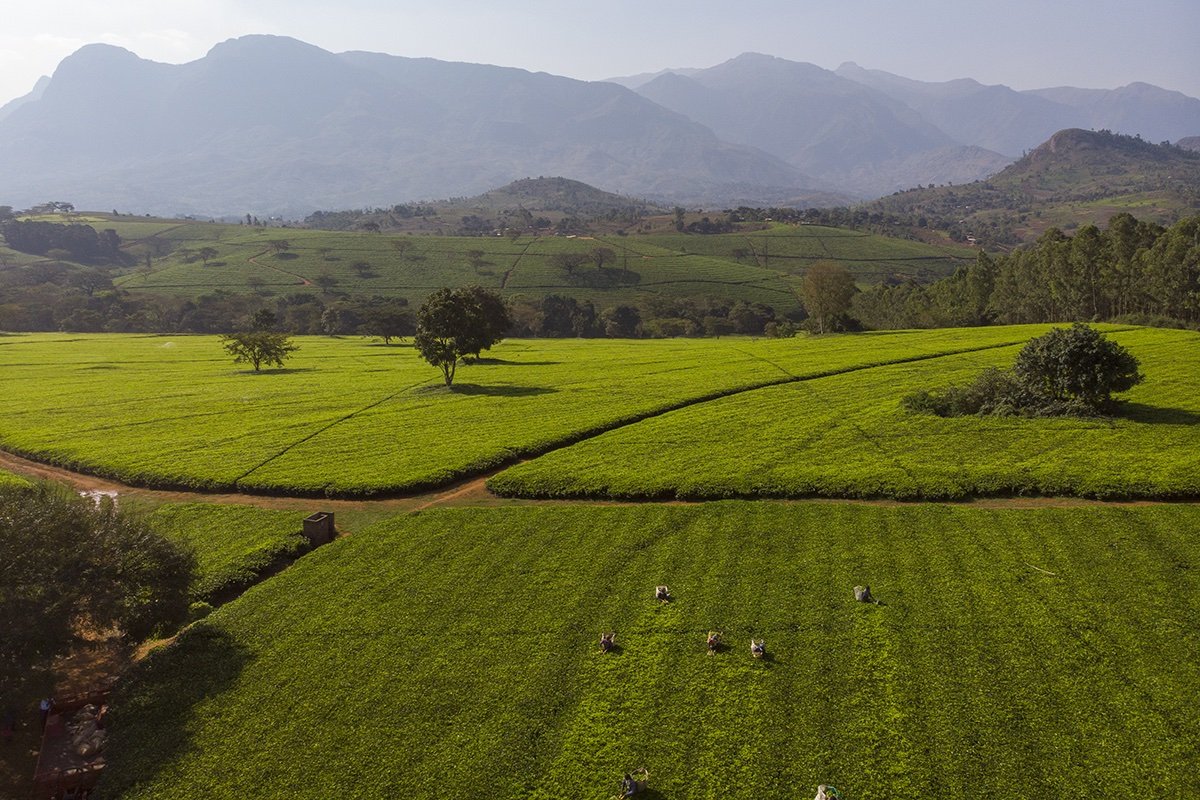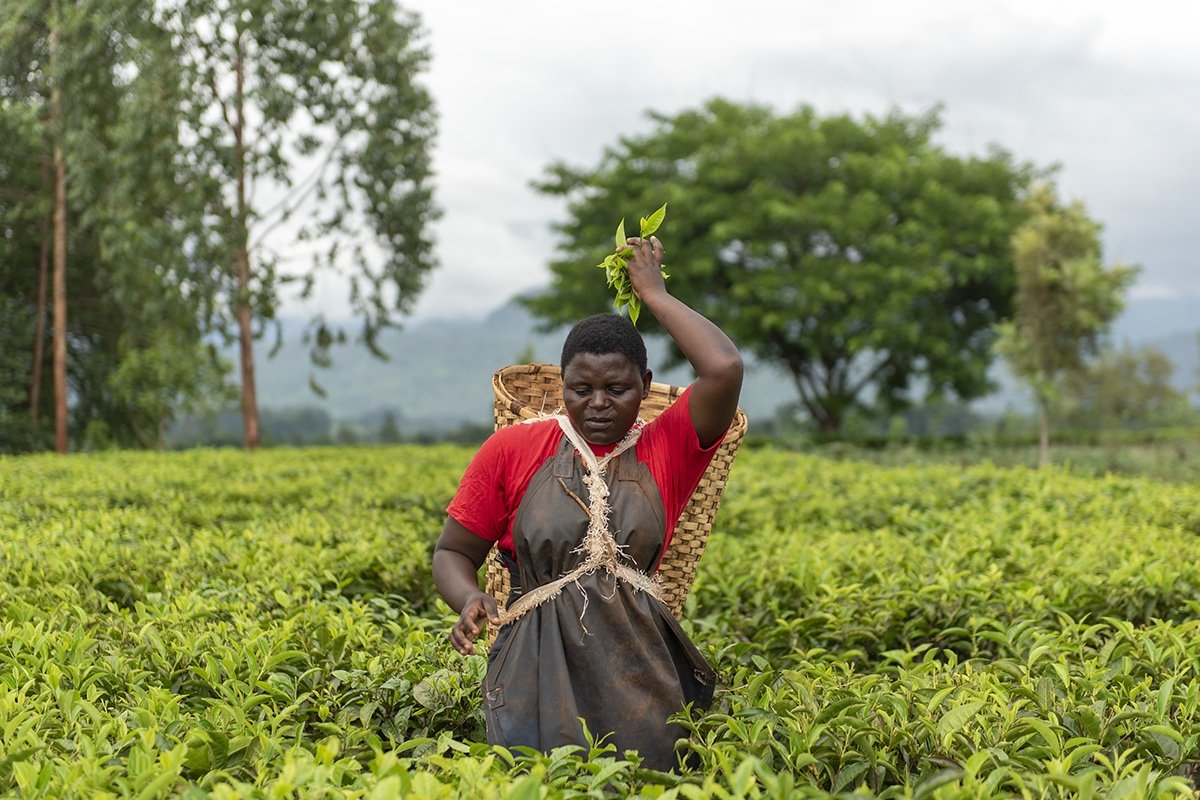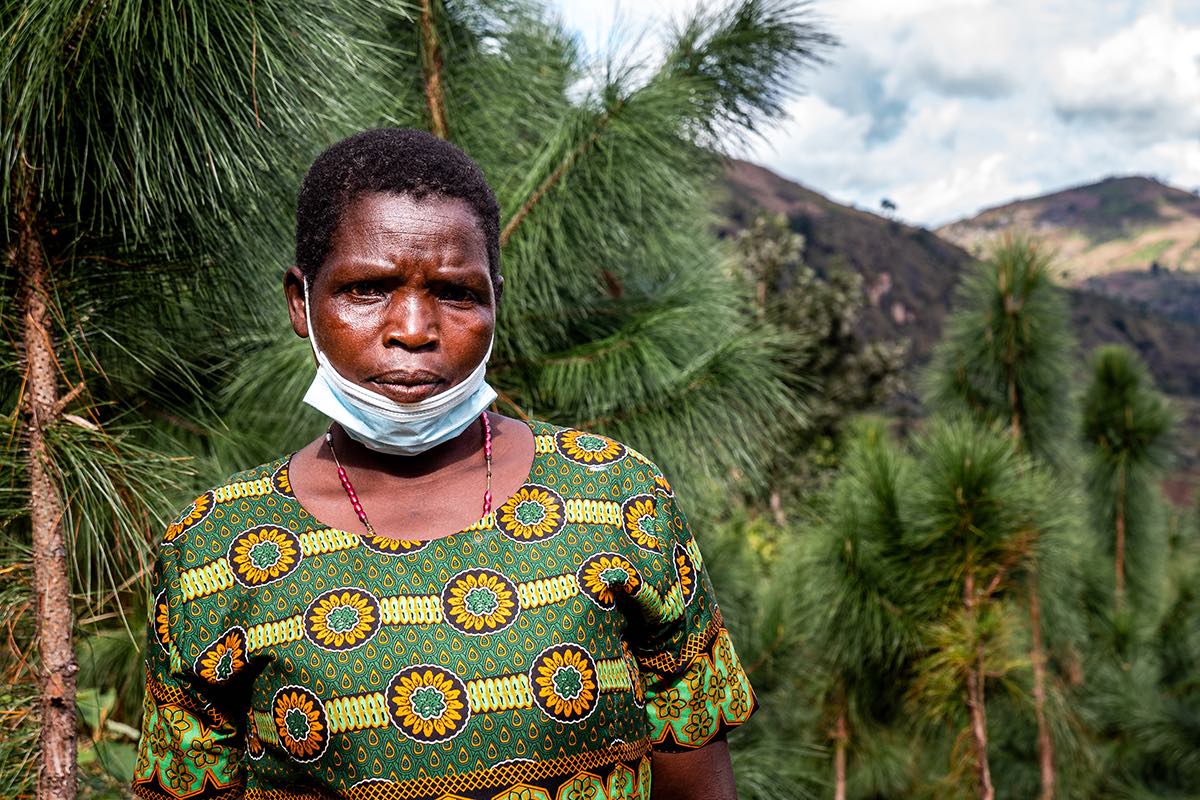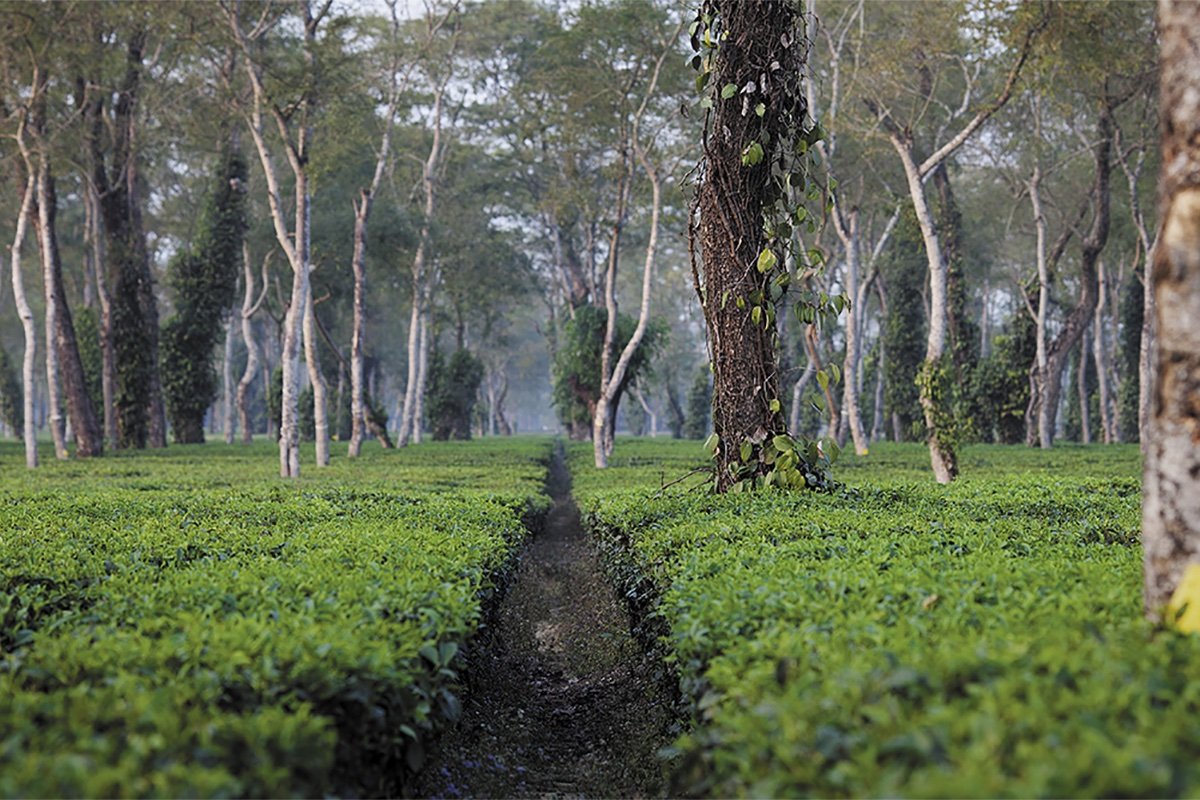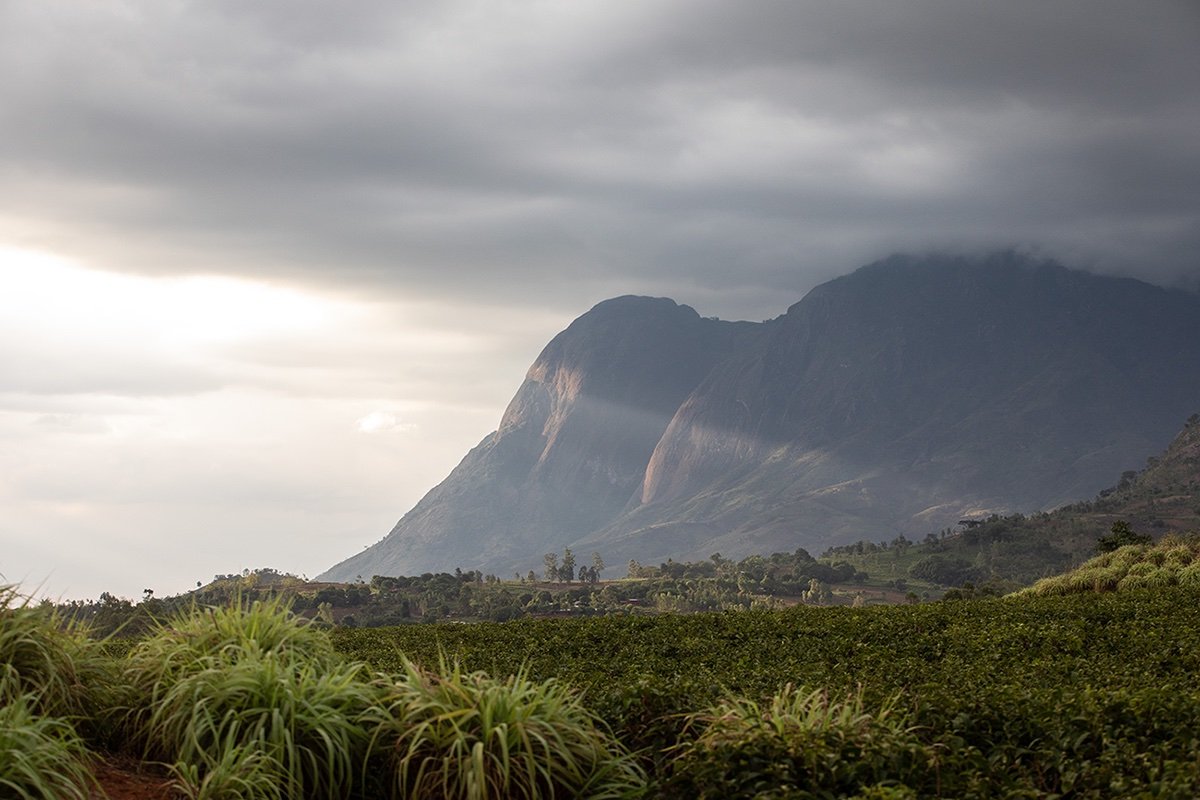Our Environment & Climate Lead, Rachel Cracknell discusses what we need to do to protect the tea industry from climate change.
I attended COP26 in Glasgow at the end of last year, and listened eagerly to world leaders making unified pledges to try and keep global warming below 1.5°C. I have also witnessed many companies (across many industries) set themselves ambitious plans to reach Net Zero by 2050. But, the reality of implementing plans to reach these targets and to reduce global warming, is no easy task.
As today is Earth Day, I want to reflect for a moment on the importance of keeping climate change high on the agenda and to talk a little about some of the work we are embarking on at ETP.
For many industries, including the tea sector, the effects of the climate crisis have been felt for some time. I remember talking to smallholder tea farmers over ten years ago in Kenya and even then, erratic weather conditions were already presenting huge challenges for them.
Continual erratic weather patterns are now widespread and will have consequences for the supply of tea – the second most consumed drink globally after water. Deforestation, soil erosion, droughts, and flooding are just some of the most pressing issues tea farmers face.
